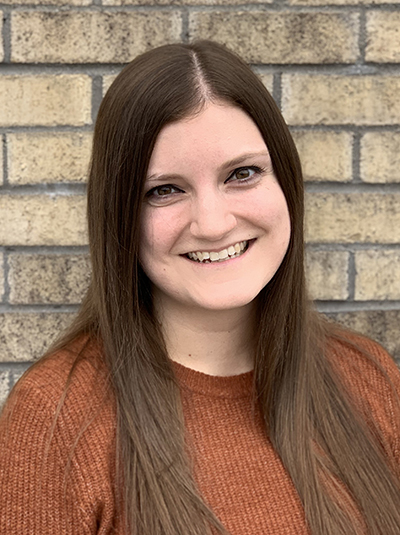DU Creates New Courses to Explore, Tell the Stories of Youth Voices in Colorado’s El Movimiento

Students will have the opportunity to uncover and widely share the stories of young people who played a role in Colorado’s Chicano rights movement, thanks to a $150,000 National Endowment for the Humanities grant.
“Documenting the Past, Fostering the Future: Youth Voices in El Movimiento and the Struggle for Racial Justice along the Front Range of the Rocky Mountain West” explores the social and political Chicano Movement of the 1960s and 1970s.
The interdisciplinary curricular initiative will be managed through the university's Interdisciplinary Research Institute for the Study of (In)Equality for the next two years. It several faculty members across the university — including the College of Arts, Humanities & Social Sciences.
The NEH grant, awarded earlier this year, was modeled after a community-engaged oral history project by Assistant Professor Carlos Jimenez and Teaching Assistant Professor Lina Reznicek-Parrado.
Jimenez and Reznicek-Parrado launched Documenting Colorado’s Hidden Voices in 2022 with a grant from the college’s Center for Innovation in the Liberal and Creative Arts (CILCA). Students involved in the project conducted and collected oral histories from Spanish-speaking Coloradans across the state and then participated in a paid internship with various community partners.
Working directly with the community remains a key part of the new project as well.
“The fact that we put students in contact with organizations and they get the experiences of seeing what it takes to make a difference in your community, that is life changing for some people,” Jimenez said.
As the new program’s title suggests, digging into the past can help students better understand the present and build for the future, he said.
“I think a lot of the issues that the Chicano movement in Colorado brought up are not only still with us, but they're becoming even more pronounced,” he added. “Whether that's issues with police brutality, economic disparity, gentrification, access to health and education resources, those are all issues that the Chicano movement was fighting for here in Colorado, and I think those issues are becoming more pronounced and more relevant today.”
The 12 undergraduate courses will be part of DU’s Critical Race and Ethnic Studies (CRES) program and are being developed in partnership with the Latinx Center and the Departments of Media, Film and Journalism Studies (MFJS), History, Anthropology and its Ethnography Lab, and the Department of Spanish Language, Literary and Cultural Studies.
"The interdisciplinary aspect of this project is huge; it’s very innovative. As the faculty have come together, we’ve realized that while we work in different disciplines … There’s so much in common in terms of the work,” Reznicek-Parrado said.
Students can take the courses either as part of a major or minor or to fulfill their liberal arts requirements.
Dr. Runchao Liu is currently teaching a course in MFJS called Popular Music and Social Justice. Courses that will be offered in the coming quarters include Digital Anthropology, Narrating Memory, History and Space, Audio Documentaries, Social Movements, Activist Media, Latino Cultures in the United States, American Women’s History, among others.
Jimenez hopes, in the short-term, that each class provides students with unique opportunities to engage with the “primary evidence” of the movement.
Looking ahead, Reznicek-Parrado hopes the project encourages other faculty members university-wide to more regularly incorporate community engagement in the learning experience.
“We need to get past the idea that what is done in the classroom is separate from what’s outside of the classroom,” she said.
Tom Romero, IRISE faculty director and associate professor of law, shares the leadership of the grant with Sociology and Criminology Professor Lisa Martinez, Lynn Schofield Clark, professor and director of the Estlow International Center for Journalism and New Media, and IRISE Associate Director Marinka Swift.
CILCA, the Center for Community Engagement to Advance Scholarship & Learning (CCESL) and the Center for Immigration Policy & Research (CIPR) are also involved.
Other faculty members include:
• Esteban Gómez, associate professor in Anthropology;
• Hava Gordon, professor of Sociology;
• Elizabeth Escobedo, associate professor of Latino/a history
“We're fortunate to have so many faculty members that really want an opportunity to work together and to do it in ways that support the mission of the university, both across teaching and research,” Clark said.






